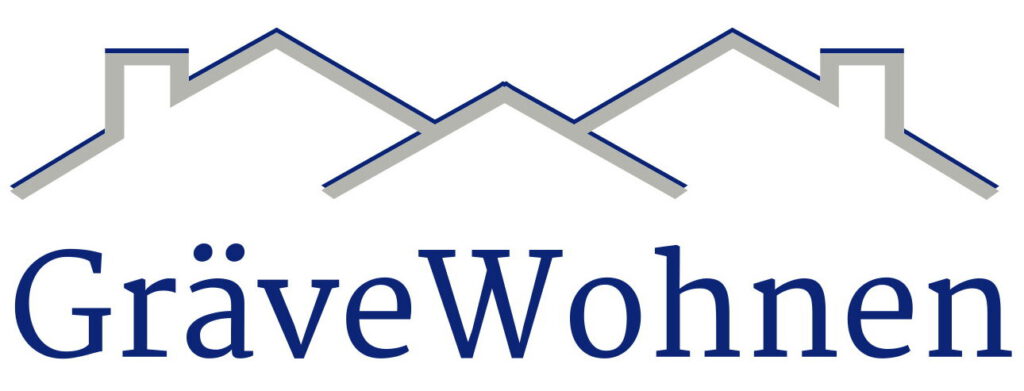Avoiding Conflicts in the Shared Apartment
Living in a shared apartment can be a rewarding experience, but it also requires a certain level of consideration and communication. To avoid conflicts, some basic rules should be followed.
1. Open and Respectful Communication
- Problems and disagreements should be addressed early, before they escalate
- The right tone is crucial: criticism should be objective and constructive
- Misunderstandings can often be clarified through a direct conversation
2. Make Clear Agreements
- Task distribution for cleaning, trash disposal, and other shared duties should be clearly defined
- A cleaning schedule can help avoid disputes over cleanliness
- Shared rules for guests, noise levels, and the use of common spaces should be accepted by everyone
3. Consideration for Each Other
- Mutual respect is essential: this includes quiet hours, tidiness, and a friendly attitude
- Personal belongings of other roommates should not be used without permission
- Noise in the evening hours should be kept to a minimum
4. Finding Shared Solutions
- If conflicts arise, a joint solution should be sought that satisfies everyone involved
- Compromises are often necessary to ensure harmonious coexistence
- If needed, a neutral person can be brought in as a mediator
5. Respect Personal Retreats
- Every resident needs their personal space and privacy
- Knocking before entering someone’s room should be a matter of course
- No one should feel obligated to participate in shared activities
6. Organize Regular WG Meetings
- Regular exchanges can help identify and solve problems early
- Organizational topics such as household chores can also be discussed at these meetings
- A friendly atmosphere fosters a sense of community
Conclusion
With open communication, clear rules, and mutual respect, many conflicts in a shared apartment can be avoided. Good organization and understanding of the roommates’ needs are key to a harmonious living situation.



